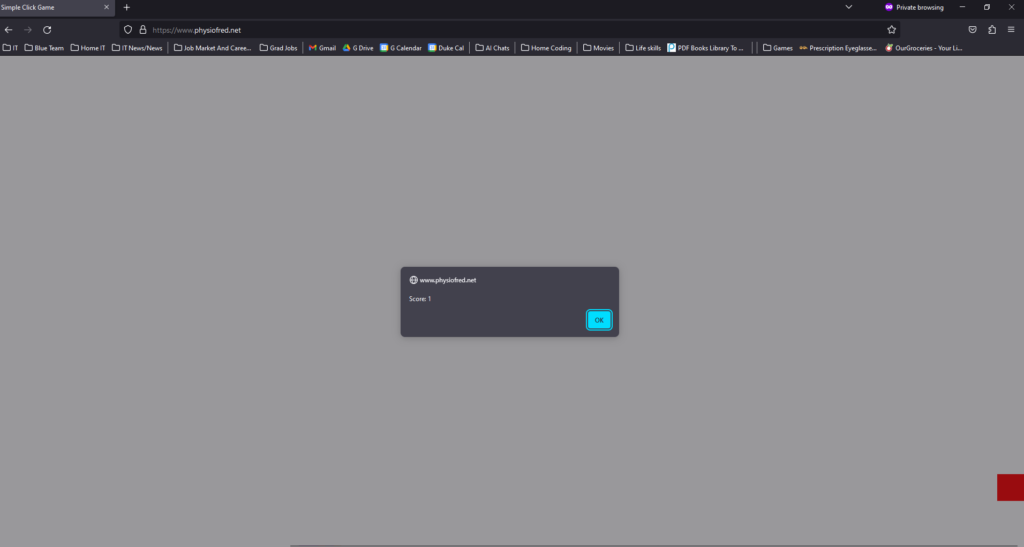Hosting a static website on AWS presented a blend of challenges and learning opportunities. This project, inspired by CloudIsFree.com, was not just about deploying a website; it was a deep dive into AWS’s robust ecosystem, enhanced by guidance from a cloud engineer friend.
Key Steps in the Project:
- Domain Acquisition: My journey started with securing the domain physiofred.net through AWS for $12, setting the stage for my website.
- S3 Bucket for Hosting: I utilized AWS S3 for its scalable storage, configuring it for public access to host my website’s static files, primarily
index.htmlanderror.html. - DNS and Routing: With AWS Route 53, I established a hosted zone, setting up DNS records to guide traffic to my site, reminiscent of the iconic Route 66.
- Enhancing Security: I secured my website with SSL/TLS certificates via AWS Certificate Manager, ensuring encrypted connections and trustworthiness for visitors.
- Global Delivery with CloudFront: AWS CloudFront integrated seamlessly with my S3 bucket, distributing content globally for faster, secure access.
- Content Update: Transitioning my site’s content to a more engaging clicking game demonstrated the flexible nature of AWS hosting.

Overcoming Challenges:
- Efficient Redirection: The initial challenge of redirecting www to non-www versions of my domain was solved by switching from A records to a CNAME record for accurate DNS redirection.
- Streamlined CloudFront Distribution: Consolidating CloudFront distributions into a single setup reduced complexity and costs, a strategy improved by reconfiguring SSL certificates for both domain variants under one CloudFront distribution.
Security Best Practices:
Guidance from a cloud engineer friend was invaluable, particularly regarding AWS Identity and Access Management (IAM) best practices. He emphasized the importance of avoiding the root user for daily tasks, enabling Multi-Factor Authentication (MFA) for an added security layer, and creating individual IAM users for managing specific AWS services. These practices enhanced the security posture of my project significantly.

Conclusion:
This project was a practical testament to the power of AWS for hosting and delivering web content securely and efficiently. The support and insights from a knowledgeable friend in cloud engineering not only helped navigate technical hurdles but also instilled best practices in security and resource management. Physiofred.net stands as a successful endeavor into cloud-based hosting, reflecting a blend of technical skills, security awareness, and the collaborative spirit of learning.
